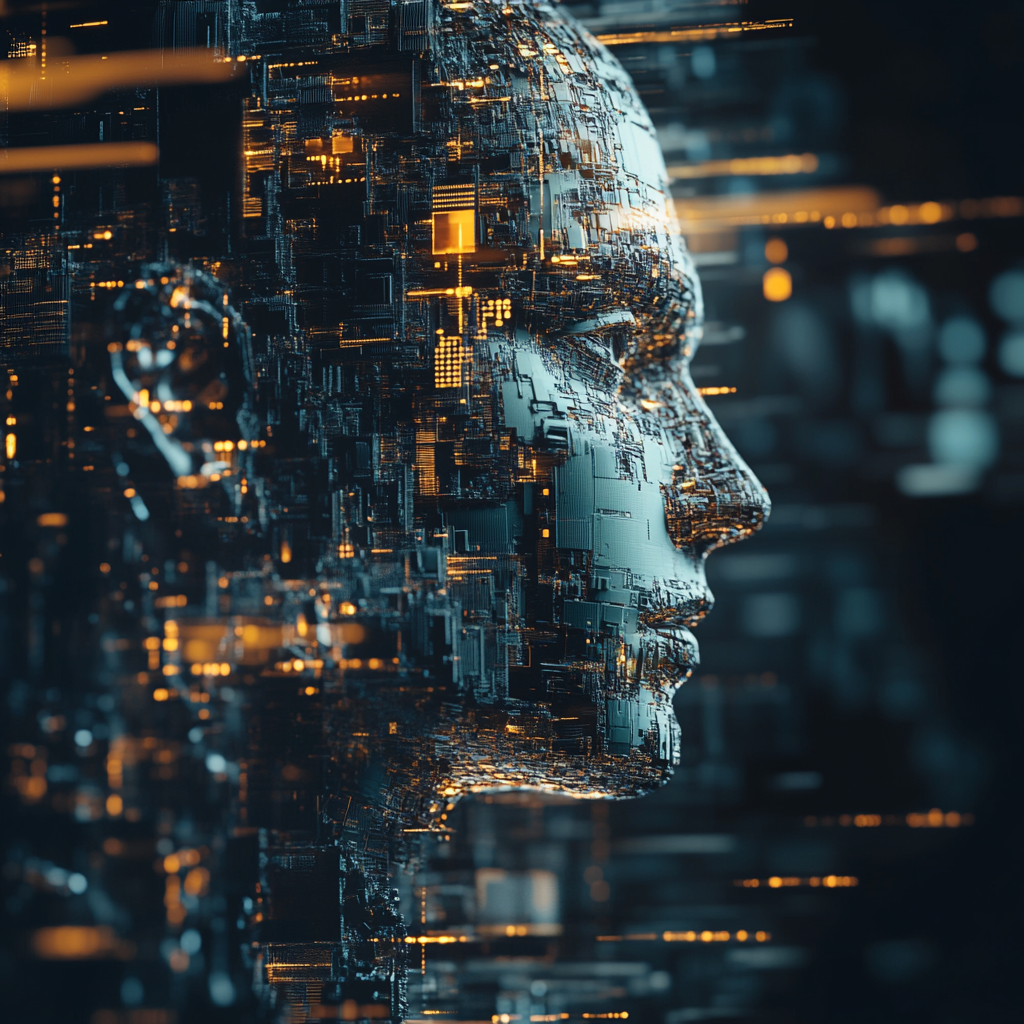Web development is evolving, with artificial intelligence driving the transformation. Today, both businesses and developers are using advanced AI tools to streamline every stage of web development—from design and user experience to testing and deployment.
AI tools in web development help automate repetitive tasks, cut out redundancies, enhance creativity, and boost workflow efficiency. These tools can tackle everything from coding and error detection to user behavior analysis. Whether you’re a professional developer or a business owner, mastering these AI-driven tools can be a game-changer in building dynamic, user-centered websites that stand out.
Below, we’ll explore some of the most impactful AI tools shaping web development today, from AI-powered website builders to analytics tools that uncover deep insights into user behavior. These tools go beyond automation, unlocking new opportunities for innovation, productivity, and competitive edge.”

What is an AI Tool for Web Development?
AI tools for web development leverage artificial intelligence to automate, enhance, and simplify the development process. They reduce manual coding, optimize design elements, and elevate user experience with minimal human input.
Here are a few ways these tools are transforming web development:
– Code Generation: AI tools use natural language processing (NLP) to interpret developer requests and generate code snippets instantly. This shortens coding time, allowing developers to concentrate on complex challenges.
– Testing and Debugging: AI automates testing, quickly detecting bugs and visual inconsistencies with greater precision than manual methods.
– Design Assistance: Platforms suggest design improvements, automate layout adjustments, and optimize images, making it easier to create visually appealing, user-friendly interfaces.
– Content Creation: AI can produce text, images, and videos from brief descriptions, speeding up content generation for developers and creators alike.
– User Experience (UX) Optimization: AI algorithms analyze user behavior to personalize content, layouts, and interactions, providing a customized experience for each visitor.
– SEO Optimization: AI-powered tools offer insights and automate SEO adjustments, helping web pages rank higher on search engines with less manual effort.
Does Your Business Need AI Development Tools?
Investing in AI development tools entails both financial resources and expertise. While these tools can streamline the development process, they typically come with a monthly fee, and you’ll need team members with at least a foundational understanding to utilize them effectively.
It’s important to note that AI tools are not a replacement for web developers; rather, they serve to enhance their capabilities.
While numerous startups, developers, and web designers could gain from these tools, it’s crucial to assess whether they align with your organization’s specific needs, capabilities, and growth strategy. Here are some advantages and disadvantages to consider:
**Pros:**
– **Increased Efficiency and Productivity:** Automate routine tasks to allow your team to focus on more strategic initiatives, resulting in quicker project turnaround and fostering innovation.
– **Enhanced Decision-Making:** Utilize large datasets for deeper insights, enabling predictive analytics and facilitating more informed, data-driven decisions.
– **Competitive Edge:** Keep ahead of competitors by adopting innovative solutions that set your offerings apart and enhance customer experiences through personalization.
– **Cost Savings:** AI tools can streamline operations and lower labor costs by optimizing tasks and processes, leading to better resource allocation.
**Cons:**
– **Initial Costs:** The implementation of AI tools can be costly, necessitating significant upfront investments in technology and training.
– **Complexity and Integration Issues:** Integrating AI into your existing systems can be complicated, requiring technical expertise and potentially causing disruptions during the transition.
– **Data Privacy and Security Risks:** Utilizing AI tools often involves managing large volumes of data, which raises concerns regarding data protection, compliance with AI privacy regulations, and the safeguarding of sensitive information.
—





